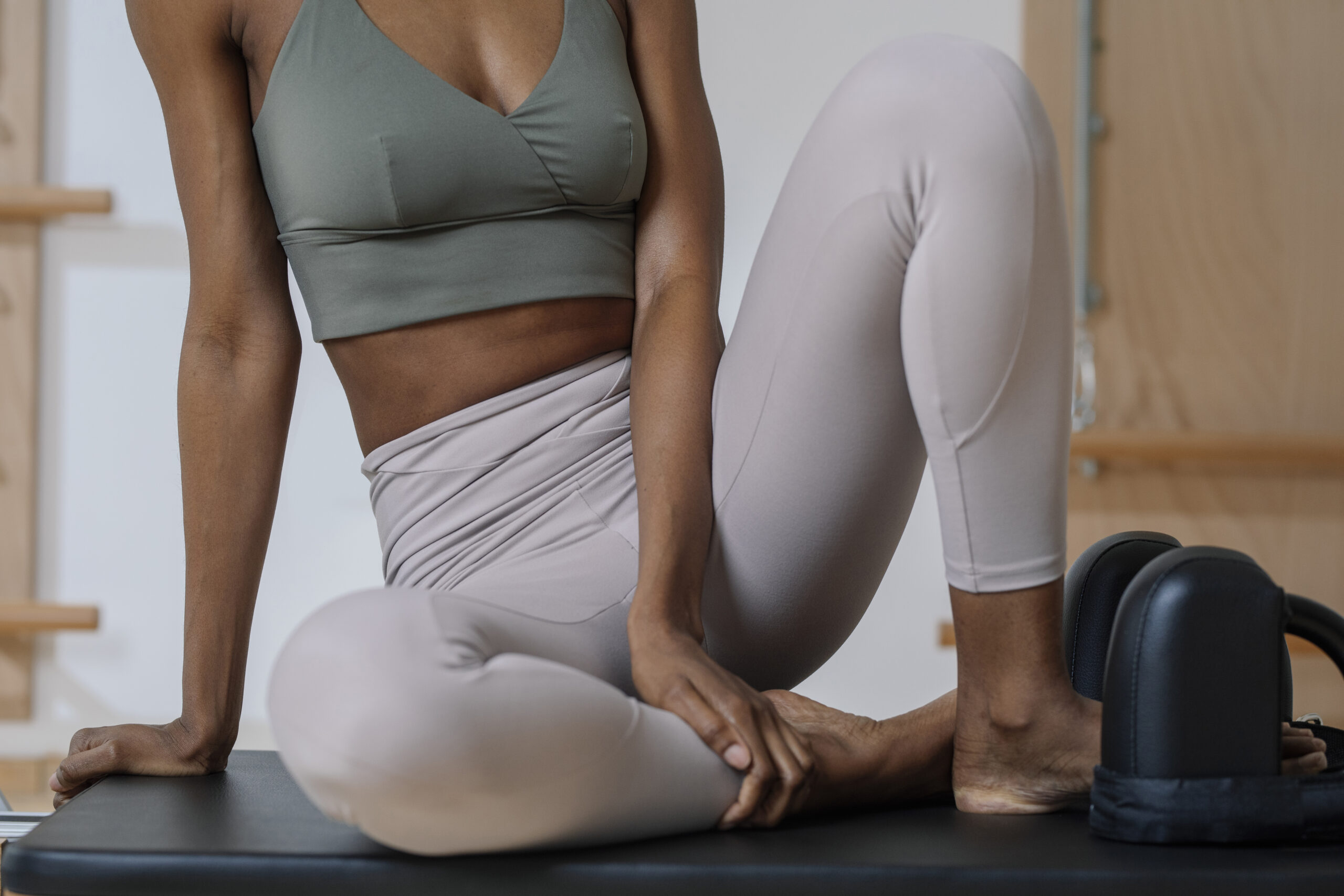When wellness creator Toni Fine took to TikTok to assert that Black women who practice Pilates are simply seeking proximity to whiteness, it sparked a tidal wave of reactions online. In a TikTok livestream, Fine characterized Pilates as a white-dominated practice often coupled with restrictive eating habits and elitist beauty ideals. She suggested that Black women entering this space are trying to assimilate into whiteness, a statement that many found not only offensive, but historically ignorant. What Fine failed to mention is that one of the most influential figures in Pilates history was a Black woman.
Kathy Stanford Grant: The Black Woman Who Carried Pilates Forward
Kathy Stanford Grant wasn’t just involved in Pilates, she was a pioneer. A Juilliard-trained dancer and former Broadway performer, Grant turned to Pilates after suffering a knee injury. Her recovery led her straight to Joseph Pilates himself. She trained under the founder and became one of only two Black students personally certified by him. Grant didn’t just learn the method, she helped evolve it. She integrated her knowledge of dance, anatomy, and pedagogy to make Pilates more accessible for people of all body types, abilities, and backgrounds.
Throughout her career, she emphasized mindful movement, breath, and healing. All concepts that align closely with many African and diasporic traditions of body and spirit care. Teaching at New York University’s Tisch School of the Arts and beyond, Grant mentored countless students, many of whom went on to become leaders in the Pilates world themselves. Her legacy is one of inclusion, resilience, and quiet revolution — long before TikTok debates and $40 reformer classes.
While the modern marketing of Pilates often features thin, wealthy white women in minimalist studios, the roots of its expansion into the mainstream owe much to Kathy Grant. In short, a Black woman made sure this practice wasn’t just for the elite few.
Why Toni Fine’s Take Misses the Bigger Picture
Fine’s commentary isn’t just ahistorical, it’s harmful. By reducing Pilates to a tool of white assimilation, she overlooks the very real, very necessary movement happening within wellness spaces. Black women are reclaiming their right to exist, heal, and thrive in environments that have historically excluded them. Pilates is not inherently exclusive. What’s exclusive is how it’s often marketed.
Critics of Fine’s take have rightfully pointed out that shaming Black women for choosing wellness practices does nothing to dismantle white supremacy. In fact, it plays into it. Rather than uplifting each other’s choices for physical and mental health, comments like Fine’s suggest that Black women can only practice certain kinds of self-care if it “looks” Black enough. That kind of gatekeeping hurts more than it helps.
Many Black women are drawn to Pilates for its benefits: core strength, flexibility, pain relief, and mindfulness. Others appreciate that it’s low-impact and accessible for people with joint issues or chronic conditions. Some simply enjoy the way it makes them feel. It can make many people feel strong, present, and connected to their bodies. None of those reasons require validation from whiteness.
Wellness does not belong to white people. Black women deserve full, unapologetic access to every form of healing, movement, and joy available, including Pilates. The world should never forget that a Black woman helped lead the way.
